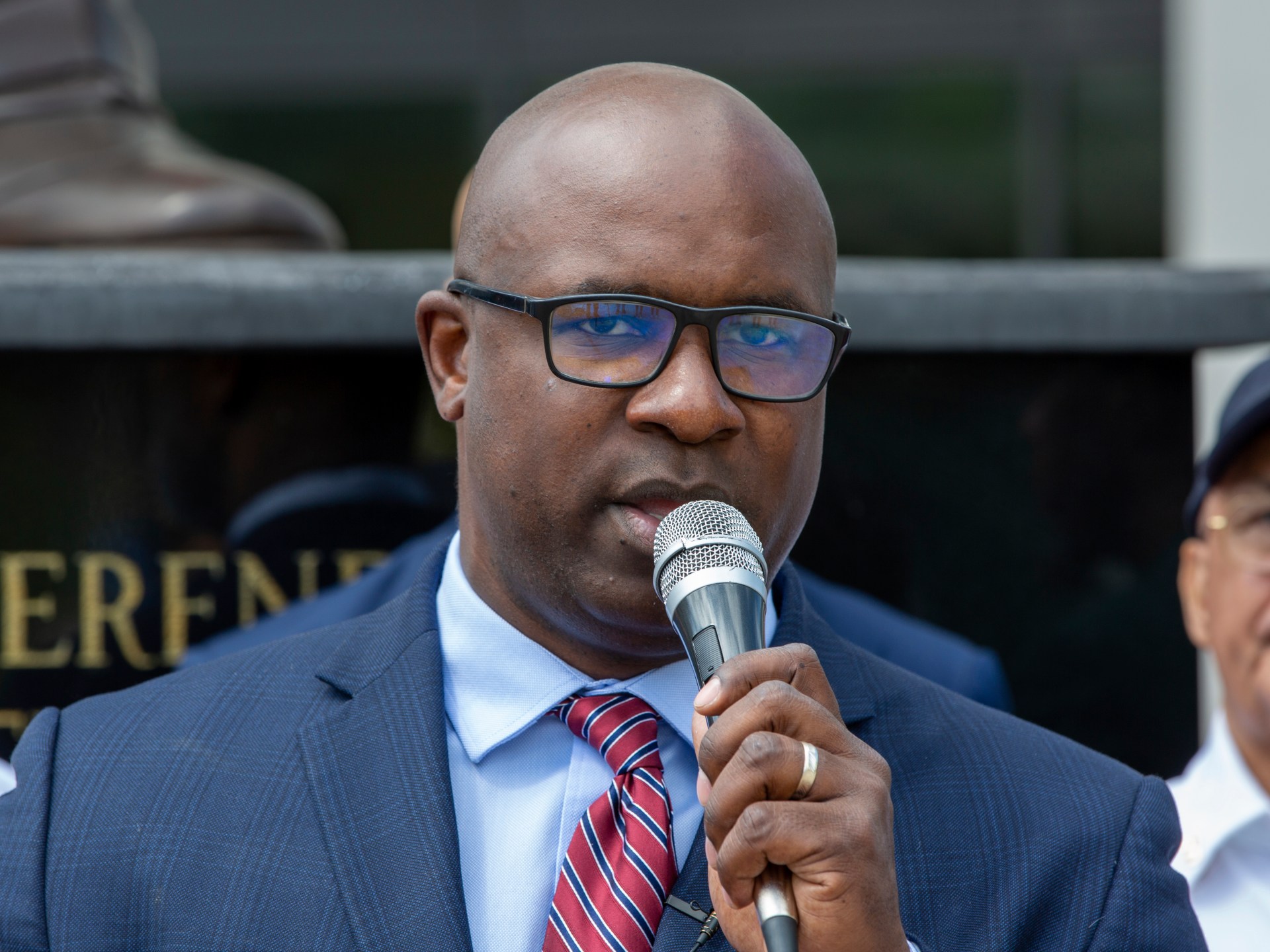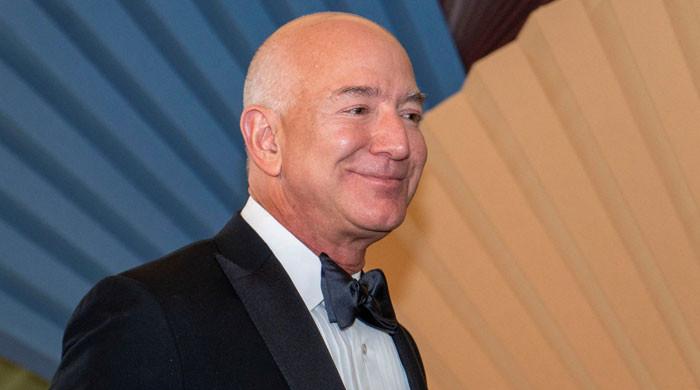In a US presidential race that features a deeply polarized electorate and a stark contrast between the two candidates, most voters have known for months which side they are on.
Then there are people like Faith.
A middle-aged manager at a substance abuse treatment center in southern Pennsylvania, she voted for Donald Trump in 2016 and for Joe Biden in 2020.
This year, she is among millions of voters in key states still debating how to vote (or whether to vote at all). They are likely to decide the outcome.
In a focus group of undecided voters, Faith said she disliked Trump for the reasons she turned against him four years ago — “bullying and arrogance” — but was unsure of what she thought of Kamala Harris.
“Harris says all the right things, but I need to know a little bit more about who she is,” said Faith, who, like others in the focus groups I observed last week, participated on the condition that her last name not be revealed. “She talked about an ‘economy of opportunity.’ I want to know what that means.”
It is difficult to pinpoint the exact number of voters still in play because most polls do not offer an “undecided” option, but pollsters estimate it is between 5% and 10% of the electorate.
That stubborn minority is more than enough to determine the outcome of an election that could be decided by razor-thin margins in seven key states.
Who are these undecided people who find it difficult to choose between clearly different candidates?
They are divided into several categories.
Some, but not all, are “uninformed voters,” people who are just now tuning into the campaign.
“A lot of them are people who don’t follow politics closely, or at all,” said Whit Ayres, a Republican pollster. “They only think about politics when they have to make a decision about who they’re going to vote for, if they vote at all.”
Others are the so-called “double haters” – voters who hate both candidates. As many as 15% of the electorate were in this category in last month's polls, although that number is likely to be declining.
“These are people who pay attention to politics and don’t like what they see,” Ayres said.
In 2016, they were instrumental in tipping the election in Trump's favor; in 2020, they helped tip it back in Biden's favor.
Others are independent and focus primarily on economic issues.
“They're looking for the answer to their question: What are you going to do to make the country better economically?” said Republican pollster David Winston.
And some, like Faith in Pennsylvania, are moderate Republicans who dislike Trump but are still hesitant to vote for a Democrat like Harris, who has at times leaned toward the progressive wing of her party.
“There's a part of me that yearns for Dick Cheney, Mitt Romney, John McCain,” Faith said.
I participated in three focus groups, all of them comprised of voters who had supported Trump in 2016 and Biden in 2020. Two of the groups were organized by Engagious, a public opinion consulting firm, for the media organization Axios. The third was organized by the Republican dissident group Republican Voters Against Trump; the participants were not members.
Most of the 20 undecided voters were not completely undecided, but nearly all said they needed more information, especially about Harris, before making a decision.
“I don’t want Trump to come back to power,” said Jennifer, who works for a nonprofit in Wisconsin. But “I just feel like I don’t know enough about Harris … and what she stands for.”
Bryan, 39, of the western suburbs of Atlanta, said he initially leaned toward Trump, but Harris’ strong performance in last week’s debate made him reconsider. He still wants to know more about Harris’ economic plans.
“I think it needs a more defined policy,” he said. “I feel like it’s been vague.”
“The economy was better under Trump,” he said, but the Republican candidate “has to act like a president and present facts that are not lies.”
Engagious' Rich Thau said he's noticed several patterns in the dozens of similar focus groups he's convened.
“It’s a contest between someone they don’t like and someone they don’t know,” he said. “There’s a huge lack of knowledge about Harris’ economic plan, a huge void that she’s only just beginning to fill.”
“Voters who are struggling in this economy often look back fondly on the Trump years,” he said. “They think he can do a better job on the economy, but they can’t stand him. So for them, this election is a 50-50 thing.”
The lessons for the candidates, at least on the part of these voters, are clear.
To appeal to the undecided, Trump must tone down his rhetoric, stop spreading myths about immigrants eating dogs and cats and reinforce his economic credentials. Instead, he appears to be increasingly turning to falsehoods and conspiracy theories.
And Harris needs to talk in more detail about her economic plans. The good news for her is that those undecided voters are listening, and many are looking for a reason to move in her direction.












